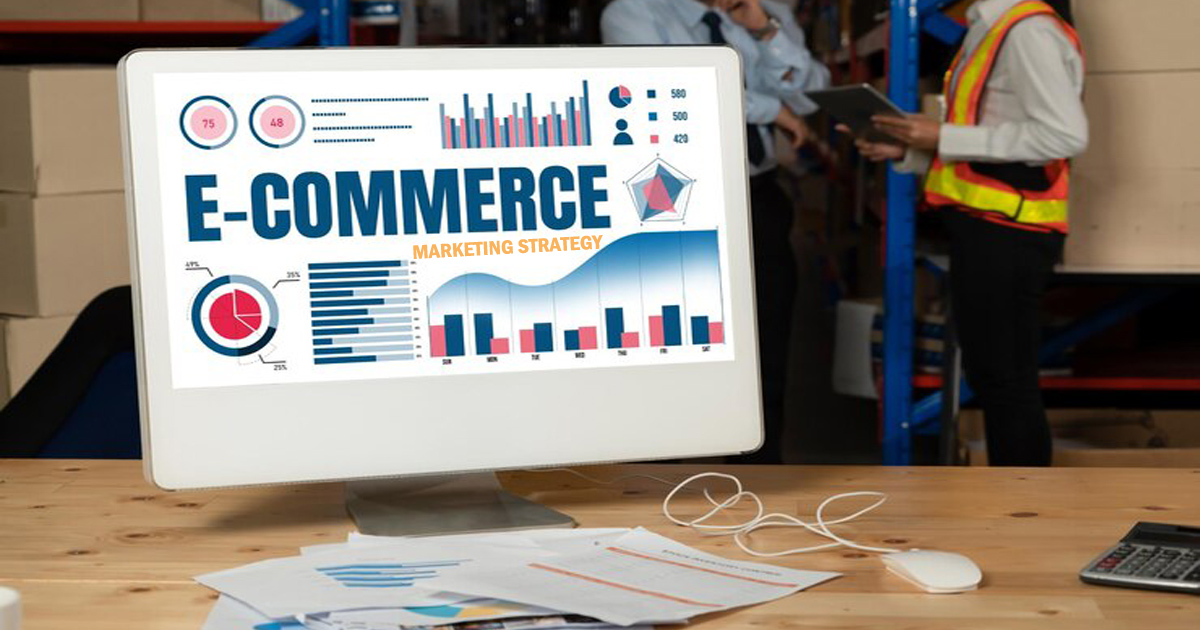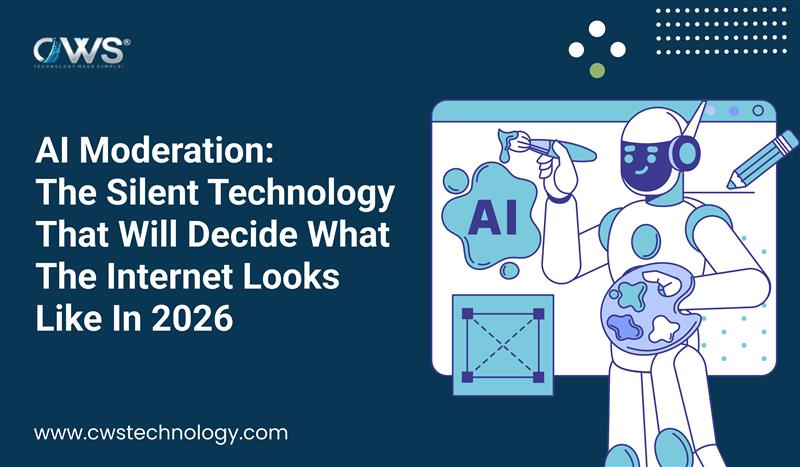So, you’ve dreamt it, designed it, and launched it – your very own eCommerce store! Now comes the exciting part: attracting customers and turning those clicks into conversions. That’s where an e-commerce marketing strategy swoops in to save the day.
Think of it as your secret weapon in the competitive online marketplace. It’s a roadmap that guides you towards reaching your target audience, building brand awareness, and ultimately, driving sales.
What is an E-commerce Marketing Strategy?
E-commerce marketing strategies are your secret weapons for success. These are different tools you can use to sell your products online. They can be adjusted depending on what you’re trying to achieve, who you’re selling to, and what you’re selling.
Here are some popular tools used in e-commerce digital marketing:
- Search Engine Optimization (SEO): This involves making your website rank higher in search results so that more people can find you easily.
- Pay-per-click Advertising (PPC): Imagine placing targeted ads online that people see when they search for certain things. With PPC, you only pay when someone clicks on your ad, making it a great way to get the right people to your website.
- Social Media Marketing: This involves using platforms like Facebook and Instagram to promote your products. You can create posts, target ads to specific audiences, and even chat with potential customers directly.
- Email Marketing: Sending emails to your customers (and those who have signed up to hear from you) is a great way to keep them updated on new products, special offers, and anything else that might make them want to buy from you.
- Content Marketing: Sharing informative and engaging content, like blog posts or videos, positions you as an expert and builds trust with potential customers.
- Influencer Marketing: Partnering with social media stars who have a lot of followers can help you reach a wider audience and build trust through their recommendations.
- Retargeting: Ever added something to your online shopping cart and then gotten distracted? Retargeting lets you show ads to those people reminding them about the cool stuff they were looking at, which can lead to more sales.
Here’s why an e-commerce marketing strategy is an absolute must-have for your startup business:
Igniting the Spark: Brand Awareness and Customer Acquisition
An e-commerce marketing strategy helps you do just that! Here’s how:
- Content is King (and Queen): Creating informative and engaging content like blog posts, social media stories, and product descriptions positions you as an authority in your niche. This valuable content attracts potential customers and educates them about your brand and offerings.
- Social Butterfly Alert! Social media platforms like Facebook, Instagram, and TikTok are goldmines for customer engagement. A well-crafted social media strategy allows you to connect with your target audience, showcase your products, and build brand loyalty.
From Clicks to Carts: Conversion Optimization Magic
Your marketing efforts have successfully brought visitors to your store, but the work isn’t done yet! Conversion Rate Optimization (CRO) helps you turn those website browsers into happy, paying customers. Here’s how:
- Streamlined Shopping Experience: A user-friendly website with clear navigation and a smooth checkout process makes it effortless for customers to find what they need and complete their purchases.
- Product Powerhouse: High-quality product images, detailed descriptions, and customer reviews all play a crucial role in convincing visitors to add items to their carts.
- Strategic use of discounts, coupons, and limited-time offers can incentivize purchases and boost sales.
Building Bridges and Loyalty: Customer Retention Strategies
Making a sale is fantastic, but retaining happy customers is the key to long-term success. Here’s how your e-commerce marketing strategy can help:
- Email Marketing Magic: Building an email list allows you to stay connected with your customers, send personalized recommendations, and keep them informed about new products and promotions. Loyalty programs reward repeat customers, fostering a sense of community and encouraging them to come back for more.
- The Power of “Thank You”: A simple yet powerful way to show appreciation is by sending personalized thank-you emails after purchases. This builds positive relationships and encourages future business.
- Social Listening: A Customer Service Powerhouse: Actively monitoring social media mentions and reviews allows you to address customer concerns promptly and demonstrate your commitment to excellent service.
Must Know | 10 Best AI Tools for Developers to Boost Coding Efficiency
By implementing a well-defined e-commerce marketing strategy, your startup business can navigate the competitive online world with confidence. Remember, consistency is key! Continuously monitor your campaign performance, adapt your strategies as needed, and watch your customer base and sales flourish.
Get Started today – eCommerce development Service for next project.








